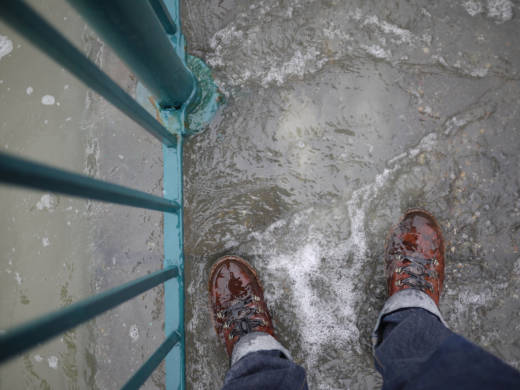So, 2016 goes down in the books as the warmest year on record, globally. And a new report affirms that a “pause” in global warming, often cited by climate science contrarians, never happened. So that should settle this climate thing once and for all, right?
“Wrong,” seems to be the view of many Americans.
The question of how people make up their minds about climate change turns out to be complicated, which helps explain figures due to be released next week by Yale and George Mason Universities as part of the ongoing Six Americas study of climate attitudes. The project’s most recent survey shows that while seven in 10 U.S. adults believe that the planet is heating up, only about half (53 percent) will concede that human activity is driving it, despite overwhelming scientific evidence to that effect.
“We’re ideally objective when we think and decide, but that isn’t what we actually do,” Ohio State University decision sciences expert Ellen Peters told NPR’s Science Friday. In matters as potentially disruptive as the course of the climate, “We tend to seek out, interpret and weigh information according to what we wanted to believe ahead of time,” said Peters. That would apply, of course, to those on both sides of the argument.
This is a nut that Naomi Oreskes has been trying to crack for more than a decade. One of the nation’s most notable science historians, Oreskes has written extensively about the tactics of climate science deniers and their motives. In December, the Commonwealth Club of California’s Climate One program gave Oreskes its annual Stephen H. Schneider Award for achievement in climate science communication.
